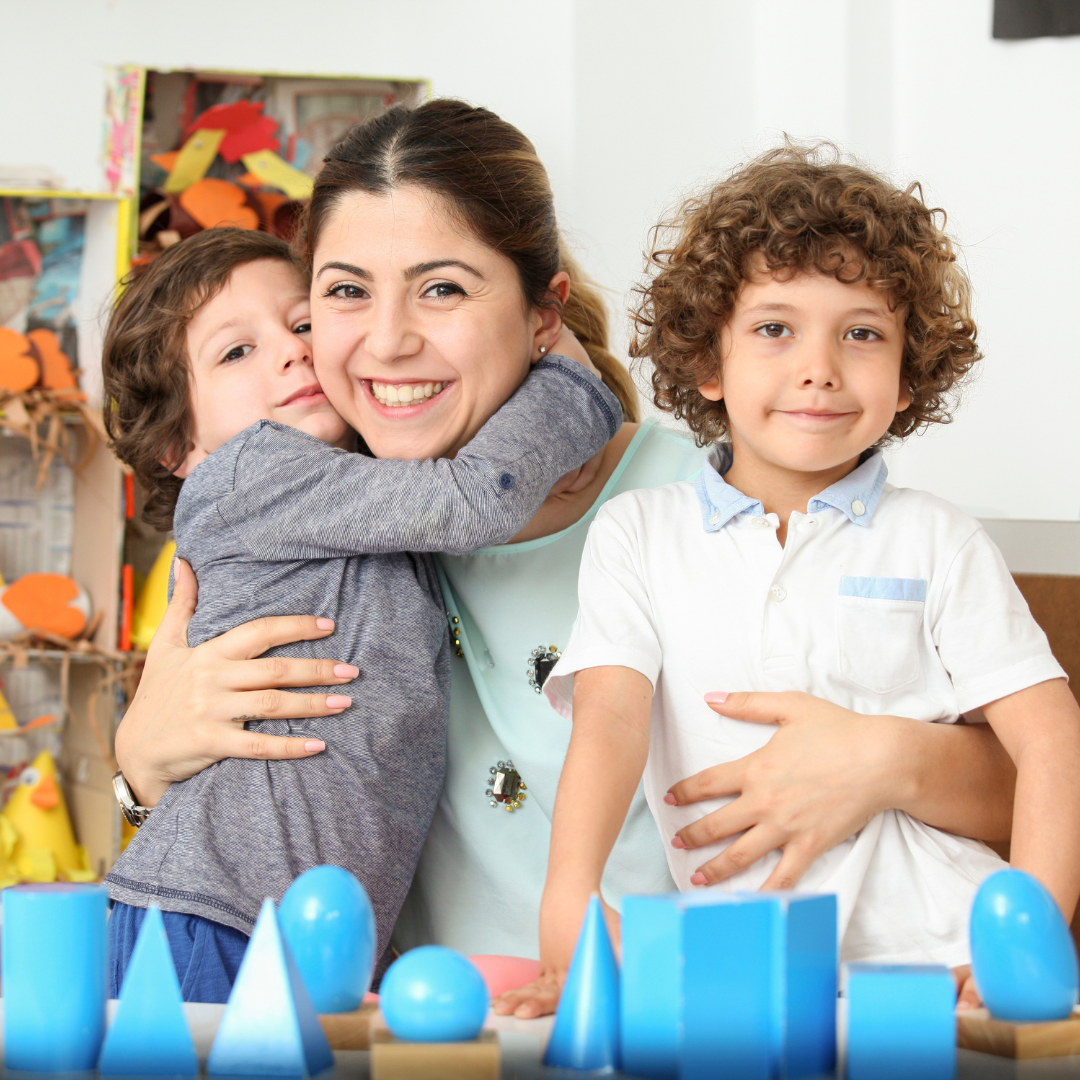Co-Parenting After Divorce: A Vancouver Therapist’s Guide
Understanding the Foundations of Co-Parenting After Divorce
What is Co-Parenting and Why It Matters
Co-parenting through divorce refers to two separated parents sharing the responsibilities of raising their children. It’s not about maintaining a romantic relationship but rather working together as teammates in parenting. This approach helps children feel secure, reduces anxiety, and fosters resilience during a time of significant change.
The Emotional Impact of Divorce on Parents and Children
Divorce brings grief, anger, guilt, and fear. These emotions affect both parents and children. Kids often worry about divided loyalties or blame themselves. Acknowledging these emotions, individually and together, sets a healthy foundation for co-parenting through divorce with compassion and intention. Seeking divorce counselling Vancouver can also provide structured support, helping families navigate this complex transition more constructively.
The Legal vs Emotional Framework of Co-Parenting in BC
In British Columbia, legal agreements determine custody and visitation rights. However, legal clarity doesn’t automatically ensure emotional harmony. Emotional co-parenting involves empathy, flexibility, and communication—especially when legal directives fall short of addressing everyday decisions and parenting dynamics.
Top Co-Parenting Challenges Separated Parents Face
Navigating Differing Parenting Styles
You may prefer routine while your co-parent leans toward spontaneity. These differences can frustrate both parents and children. Aim for consistent core values—like discipline, nutrition, and sleep routines—across households while accepting some variability.
Conflict Over Schedules and Holidays
Disputes about pick-up times or holiday plans are common. Shared calendars, clear agreements, and early planning can minimize misunderstandings. Consider rotating major holidays or celebrating jointly when appropriate.
Introducing New Partners and Boundaries
New relationships often trigger emotional responses. Set boundaries around how and when new partners are introduced. Agree to respectful communication that prioritizes the child’s emotional readiness and comfort.
Conflict Reduction Strategies from Vancouver Therapists
Setting Consistent Communication Guidelines
Establish communication norms—what platform to use (text, email, co-parenting apps), how often to check in, and what topics are appropriate. Keep the tone respectful and child focused.
Managing High-Conflict Situations with Neutral Language
Language matters. “You’re always late” becomes “Let’s agree on a consistent pick-up time.” Neutral, fact-based language reduces defensiveness and fosters cooperation, even during tense moments.
Collaborative Problem Solving and Empathy Techniques
When challenges arise, frame them as shared problems, not personal failures. Use “I” statements, validate each other’s concerns, and brainstorm child-centered solutions together.
Child-Centered Co-Parenting: Keeping Kids First
Understanding the Child’s Perspective
Children benefit most when they feel heard. Depending on age, involve them in certain decisions—like decorating their room at the other parent's home—so they feel more in control and less like pawns in adult disputes.
Creating a Stable Routine Across Homes
Children thrive on routine. Align bedtimes, school activities, and homework expectations across households to create predictability and reduce stress during transitions.
Minimizing Exposure to Parental Disputes
Never argue in front of your child or speak negatively about the other parent in their presence. Shielding them from adult issues preserves their emotional safety and loyalty to both parents.
Therapy & Support Options in Vancouver
Family Counselling for Co-Parenting
Therapy isn’t just for individuals—it can be a neutral space for both parents to express concerns and co-create a healthier parenting plan. Family counselling in Vancouver helps parents move past blame for their cooperation.
Child Therapy During and After Divorce
Kids might struggle to articulate feelings, especially if they’re acting out or withdrawing. A trained child therapist can help them process the transition and build emotional resilience.
How a Therapist Can Facilitate Parenting Plans
Therapists can also act as mediators when crafting or adjusting parenting plans. Their insights can bridge emotional and logistical gaps, ensuring the child’s best interests remain at the center.
Building a Sustainable Co-Parenting Plan
Aligning on Core Values and Rules
List your shared values: education, honesty, respect. Agree on consistent rules around screen time, chores, and bedtime. This consistency helps children feel secure, regardless of where they are.
Updating Agreements as Children Grow
What works for a five-year-old won’t work for a teen. Revisit and revise parenting agreements regularly to adapt to changing developmental and emotional needs.
Tools for Ongoing Communication (Apps, Check-Ins, Notes)
Apps like Our Family Wizard or Cozy help track schedules and share updates without direct contact. Weekly check-ins via email or shared notes can prevent small issues from snowballing into conflict.
When Co-Parenting Isn’t Working: Parallel Parenting as an Alternative
What is Parallel Parenting?
In high-conflict situations, parallel parenting allows for minimal contact between parents while maintaining each one’s relationship with the child. Each parent makes decisions during their time without constant negotiation.
Signs It Might Be the Right Approach
Repeated arguments during exchanges
Ongoing emotional manipulation or disrespect
One parent frequently undermines the other
Parallel parenting reduces stress and ensures the child isn’t caught in the middle.
Creating Boundaries Without Cutting Ties
Establish clear, written guidelines. Communicate only about child-related topics and consider a third party—like a therapist or parenting coordinator—to mediate disputes.
Local Resources and Support in Vancouver
BC Family Justice Services & Parenting Coordinators
BC’s Family Justice Services offers parenting after separation courses and mediation support. Parenting coordinators can help interpret and enforce parenting plans.
Vancouver-Area Therapy & Counselling Clinics
Clinics like Watermark Counselling specialize in co-parenting support, trauma, and child therapy. Choose a clinic familiar with BC family law and emotional development.
Online Resources and Co-Parenting Communities
Explore online groups and tools like:
OurFamilyWizard App
The Parenting After Separation Online Course (BC Government)
Reddit’s r/Coparenting community
These spaces offer solidarity, insights, and practical solutions.
Final Thoughts from a Vancouver Therapist
Healing and Progress Over Perfection
Successful co-parenting doesn’t mean being perfect—it means being committed to healing, learning, and doing what’s best for your child despite personal differences. If you're navigating co-parenting after divorce and need support, reach out to our Vancouver counselling team today.
Focus on the Child’s Long-Term Emotional Health
Your child may not remember every argument, but they will remember how you made them feel safe, heard, and loved. Make decisions through their lenses—not yours.
Professional Help is a Strength, not a Weakness
Seeking divorce counselling Vancouver or therapy for co-parenting shows strength, not failure. Professionals can guide you through hard conversations and keep your child’s needs in front and center.



